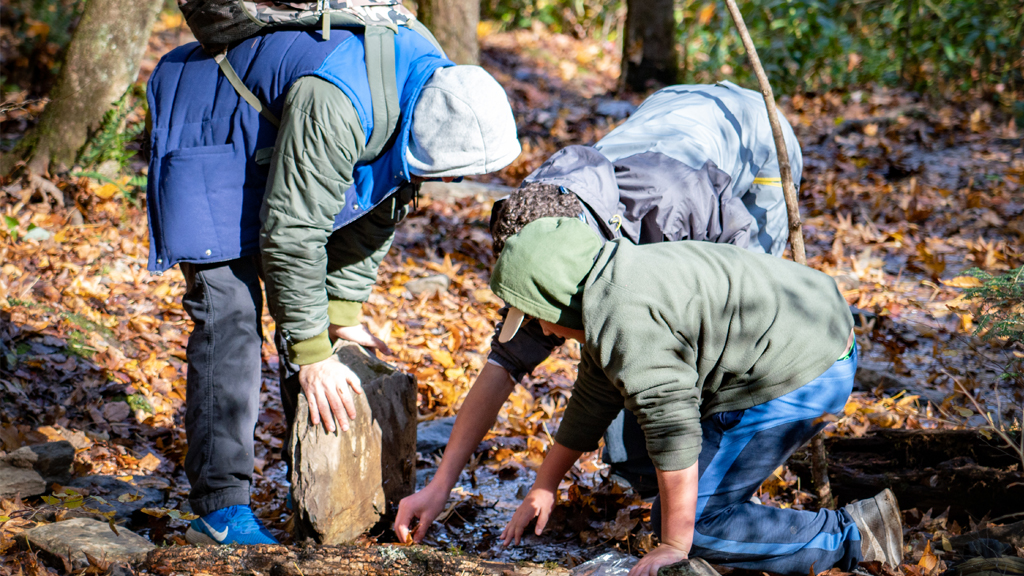Classic Lessons 2.0
Simulating a Wave to Understand Science and Technology
Science Scope—July/August 2020 (Volume 43, Issue 9)
By Molly Rockefeller and Jerrid W. Kruse
feature
Flight of the Bumblebee
Science Scope—July/August 2020 (Volume 43, Issue 9)
By William Folk, Zack Miller, Delinda van Garderen, Amy Lannin, and Torrey Palmer

feature
Learning Business Economics and Fermentation by Developing a Method for Producing Yogurt
Science Scope—July/August 2020 (Volume 43, Issue 9)
By Tahl Zimmerman, Tim Goetz, and Salam A. Ibrahim

Middle School Elementary Informal Education | Daily Do
Why Are the Temperatures Changing?

feature
Exploring Earth Geoscience Processes With a Flight Over Mars
Next Gen Navigator
How Teachers and Families Can Work Together During Remote Instruction
By Brian Caine
Posted on 2020-08-27
Next Gen Navigator
How Phenomena Can Promote Student-Centered Learning
By Tyler Scaletta
Posted on 2020-08-27
Next Gen Navigator
Enhancing Students’ Science Learning Using Phenomena
By Will Reed
Posted on 2020-08-27
Teaching and Learning About COVID-19 During the Pandemic
By Troy D. Sadler, Pat Friedrichsen, Laura Zangori, and Li Ke
Posted on 2020-08-26




